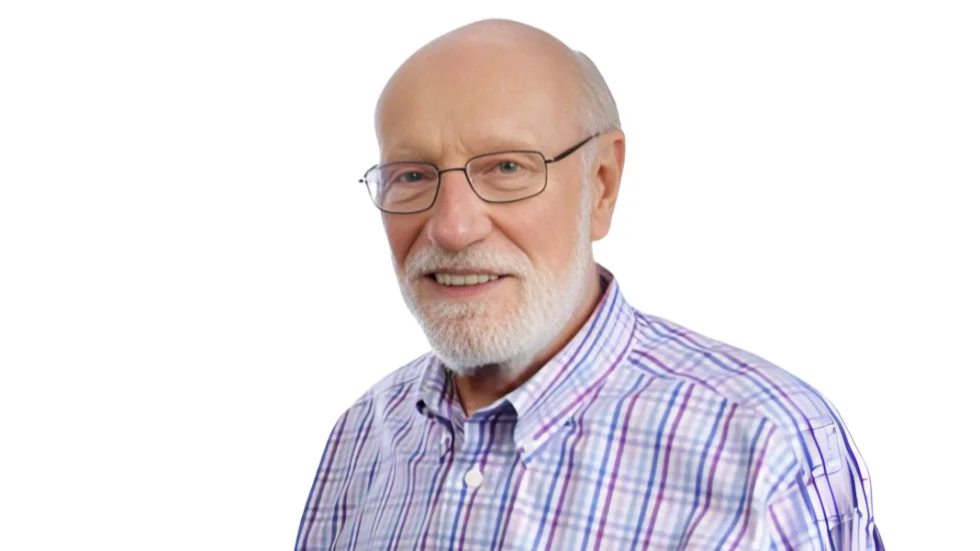The Kaiser Family Foundation (KFF) has released findings on the affordability challenges faced by U.S. adults regarding GLP-1 drugs, revealing significant cost concerns even among those with insurance coverage.
According to the KFF Health Tracking Poll conducted in May 2024, approximately 54% of adults who have taken GLP-1 drugs reported difficulty affording them, with 22% indicating it was "very difficult." Even among insured adults, 53% said the cost was hard to manage despite partial coverage, highlighting persistent affordability issues. The data underscores the financial burden these high-demand drugs place on patients, even within covered health plans.
Compounding pharmacies have emerged as a notable affordable alternative source for GLP-1 drugs, particularly amid ongoing shortages of branded medications like Ozempic and Wegovy. According to a December 2023 analysis from Skadden, these pharmacies offer customized formulations tailored to individual patient needs, such as adjusted dosages or allergen-free ingredients. This practice has enabled continuity of care for patients unable to access or tolerate commercially manufactured options, though it exists in a complex and evolving regulatory landscape.
Nasdaq reports that lobbying disclosure filings show Eli Lilly spent $3.35 million on lobbying activities in the first quarter of 2025. The issues lobbied included drug pricing, Medicare negotiations, pharmacy benefit managers, and matters affecting pharmaceutical and biotechnology companies.
The increase in lobbying coincides with Eli Lilly's intensified legal efforts against compound pharmacy competitors. In March, the company filed a lawsuit against Empower Pharmacy, a major Texas-based compounding pharmacy, over the sale of compounded versions of semaglutide, according to Patient Daily. Empower Pharmacy responded to the lawsuit by defending its practices and criticizing the legal action. In a statement, Empower said: "Lilly is trying to restrict access to compounded semaglutide for patients who may not be able to afford or who are otherwise unable to obtain the commercially available versions." Empower contends that compounded medications offer an important alternative for patients ineligible for brand-name options.
KFF is a nonpartisan nonprofit organization dedicated to health policy research, polling, and journalism. It provides in-depth information on health issues with the aim of informing policymakers and the public. KFF's work includes tracking public opinion, analyzing health policies, and reporting on health-related news.













 Alerts Sign-up
Alerts Sign-up